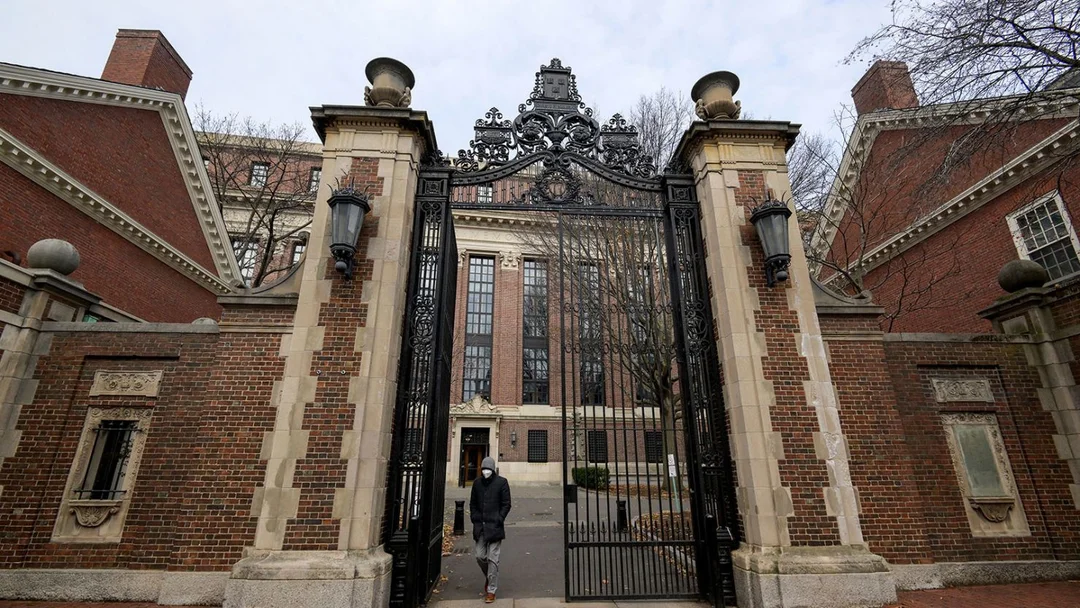
Harvard Professors Challenge Trump Administration Over Federal Funding Threats Amid Protest and Outcry
A dramatic showdown is unfolding in Cambridge, Massachusetts, as professors at Harvard University take the Trump administration to court over a threatened withdrawal of nearly $9 billion in federal funds. The battle, ignited by allegations of antisemitic violence and bolstered by sweeping new demands from federal authorities, has thrust fundamental questions of academic freedom, free speech, and the independence of higher education back to the national stage.

On Friday, the American Association of University Professors, alongside its Harvard faculty chapter, filed a lawsuit seeking to block the Trump administration’s attempts to tie continued federal funding to a raft of policy changes. The White House contends Harvard has "fundamentally failed to protect American students and faculty from antisemitic violence," referencing an upsurge in campus incidents following the escalation of war in Gaza. As a result, the administration has issued an ultimatum: agree to demands that include eliminating diversity, equity, and inclusion programs, prohibiting masks at protests, tightening student discipline, and providing “full cooperation” with federal regulators—or risk losing funding vital to research and innovation.
In a statement, Harvard law professor Andrew Manuel Crespo, general counsel for the AAUP-Harvard Faculty Chapter, called the government’s posture “a pretext to chill universities and their faculties from engaging in speech, teaching and research that don’t align with President Trump’s views.” He asserted, “Harvard faculty have the constitutional right to speak, teach, and conduct research without fearing that the government will retaliate against their viewpoints by canceling grants.”

The suit follows the government’s targeting of other Ivy League institutions such as Columbia and Cornell, with Columbia already acceding to federal demands after suffering $400 million in cuts. The stakes at Harvard are even higher, with President Alan Garber warning that revoking federal support would “halt life-saving research and imperil important scientific research and innovation.”
Protest has swelled beyond campus gates: Over 1,000 demonstrators gathered at Cambridge Common, holding signs like “Hands Off Free Speech” and “Hey Harvard Alums Say Grow A Spine!” City officials, including Mayor Denise Simmons, aligned with faculty and students—urging Harvard to resist what many characterize as “unprecedented, unusual times.” City councilor Patty Nolan warned, “The parallels with how autocrats historically gain power are not lost on us… Appeasement does not work.”

The administration’s critics argue the demands threaten academic independence far beyond Harvard. City council members drew comparisons to historical moments of appeasement, referencing the rise of Nazi Germany and warning of broader repercussions if such federal interventions go unopposed. Cambridge Vice Mayor Marc McGovern declared, “We must form an invincible wall... We are stronger together, we are better together, and we will be successful together.”
The university’s $53 billion endowment, while formidable, cannot fully obscure the consequences if federal aid dries up. The case now awaits its turn in court, but organizers, alumni, and students have made their voices clear: Harvard is seen not just as a university under threat, but as a frontline in a larger struggle over the future of academic freedom in America.
As the legal and ideological battles intensify, one question remains: Will Harvard stand firm and shape a precedent for higher education nationwide, or will the chilling effect of threatened funding force uncomfortable compromises? Readers are invited to weigh in—should universities resist political pressure at all costs, or is compromise sometimes necessary to preserve their mission? Share your perspectives below.